
Tesla Inc.’s stock extended losses Monday, dropping below a price at which Commerce Secretary Howard Lutnick predicted they’d never fall to again.
The shares plunged as much as 9.2% to $217.41 as of 9:41 a.m. in New York, amid a broader selloff in global equity markets. Lutnick said during a Fox News interview on March 19 — when Tesla closed at $235.86 — that viewers should buy the stock, saying “it’ll never be this cheap again.” Chief Executive Officer Elon Musk told Tesla employees the following day that they should hang on to their shares.
The latest decline comes after one of Tesla’s biggest bulls — Wedbush Securities analyst Daniel Ives — slashed his price target on the stock by more than 40%, citing Trump’s trade policies and a brand crisis created by Musk.
Tesla shares have fallen 55% from a record high reached in mid-December. The stock had surged following Trump’s election victory, which many expected to be a boon for the company, given Musk’s proximity to the then president-elect. Instead, Musk’s involvement in political controversies both in the U.S. and abroad has repelled some car buyers and spurred protests against the company.
Last week, Tesla reported first-quarter vehicle deliveries that failed to meet drastically lowered expectations, falling to the lowest level since 2022. JPMorgan Chase & Co.’s Ryan Brinkman — one of Wall Street’s most bearish analysts on the stock — said that he may have underestimated the degree of consumer reaction and “unprecedented brand damage.”
Several analysts have lowered their estimates for Tesla’s sales and earnings in recent weeks, even before the company reported weak vehicle-delivery numbers. And while Tesla is seen as relatively insulated from the 25% tariffs announced by Trump on imported autos, Musk has warned the company won’t be unscathed.
“The tariffs in their current form will disrupt Tesla, the overall supply chain, and its global footprint which has been a clear advantage over the years versus rising competitors like BYD,” Wedbush’s Ives said in a note to clients on Sunday.
The bigger worry, according to Ives, is Tesla’s position in China.
“The backlash from Trump tariff policies in China and Musk’s association will be hard to understate, and this will further drive Chinese consumers to buy domestic such as BYD, Nio, Xpeng, and others,” Ives wrote.
This story was originally featured on Fortune.com

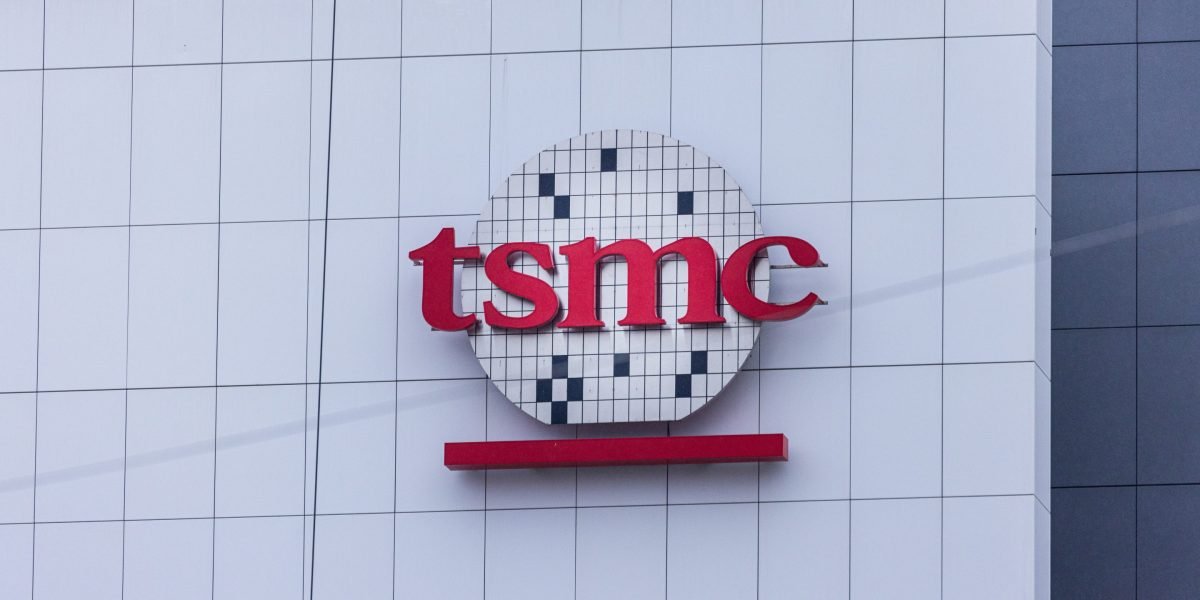
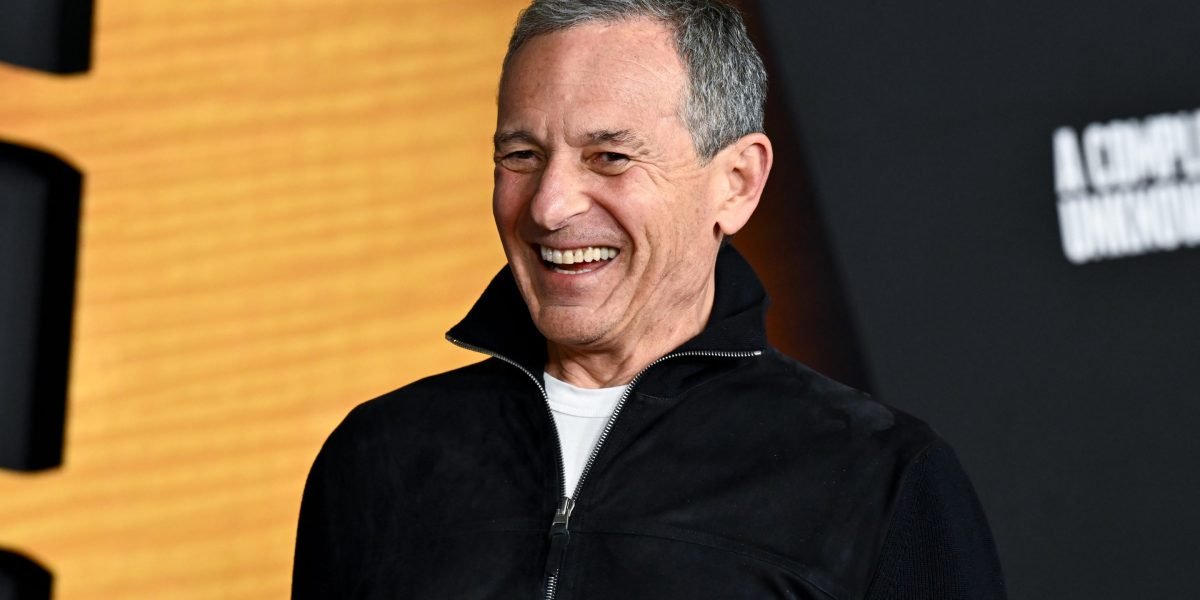
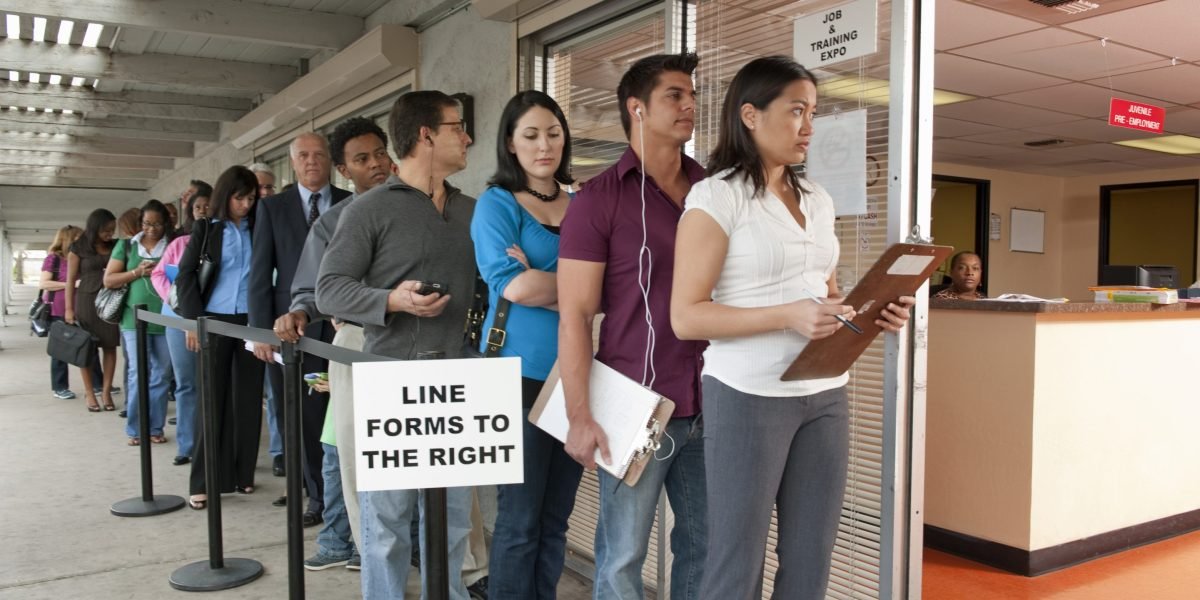
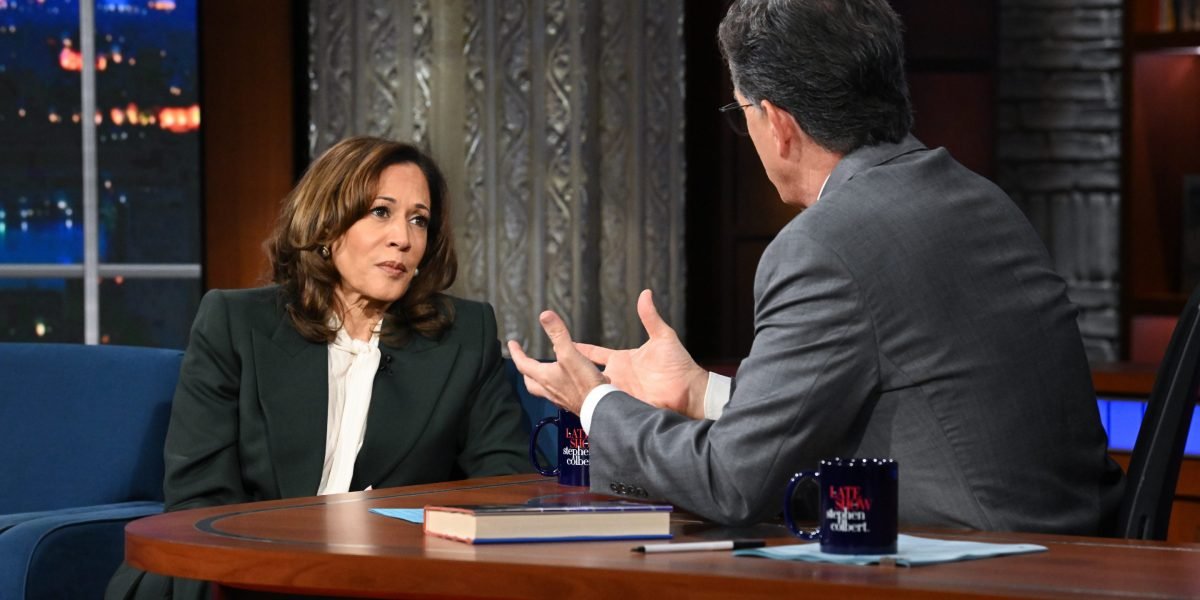
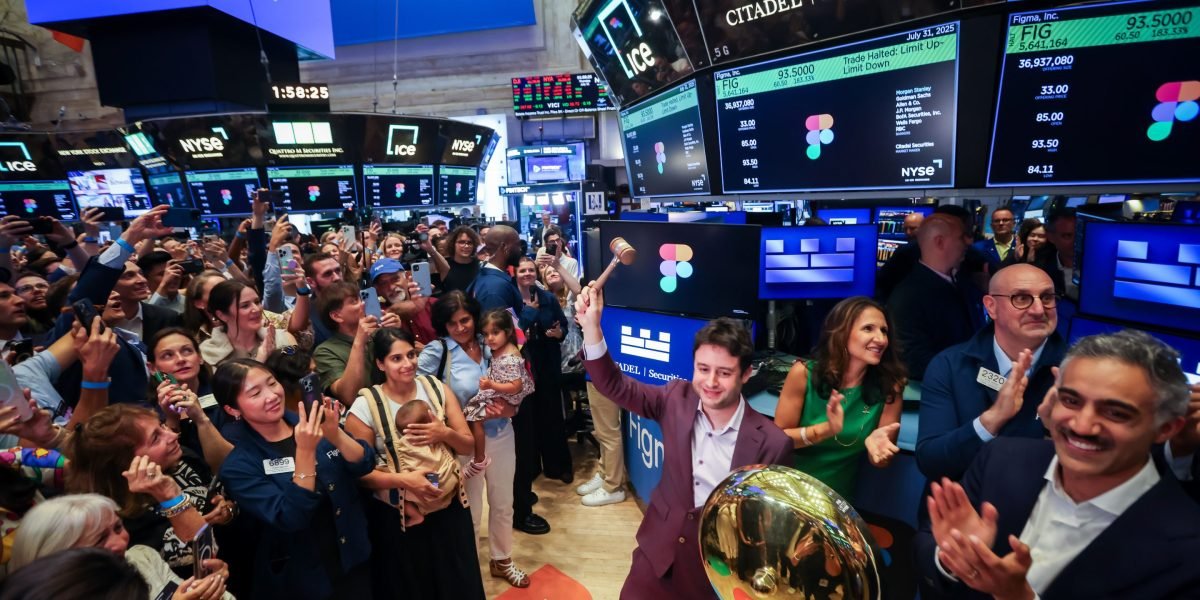
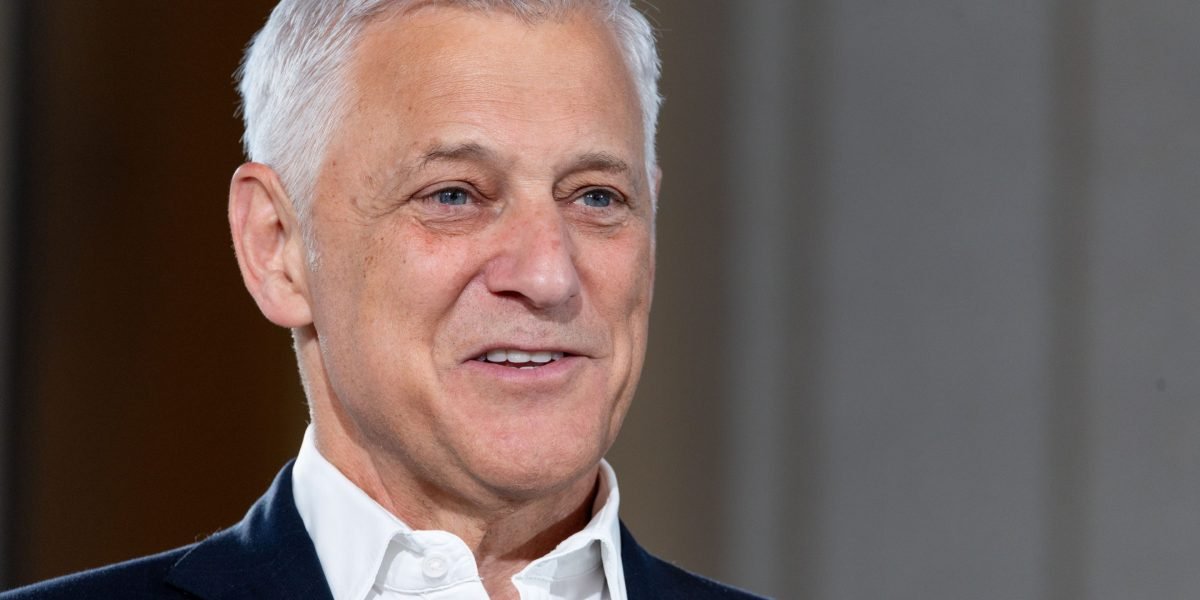
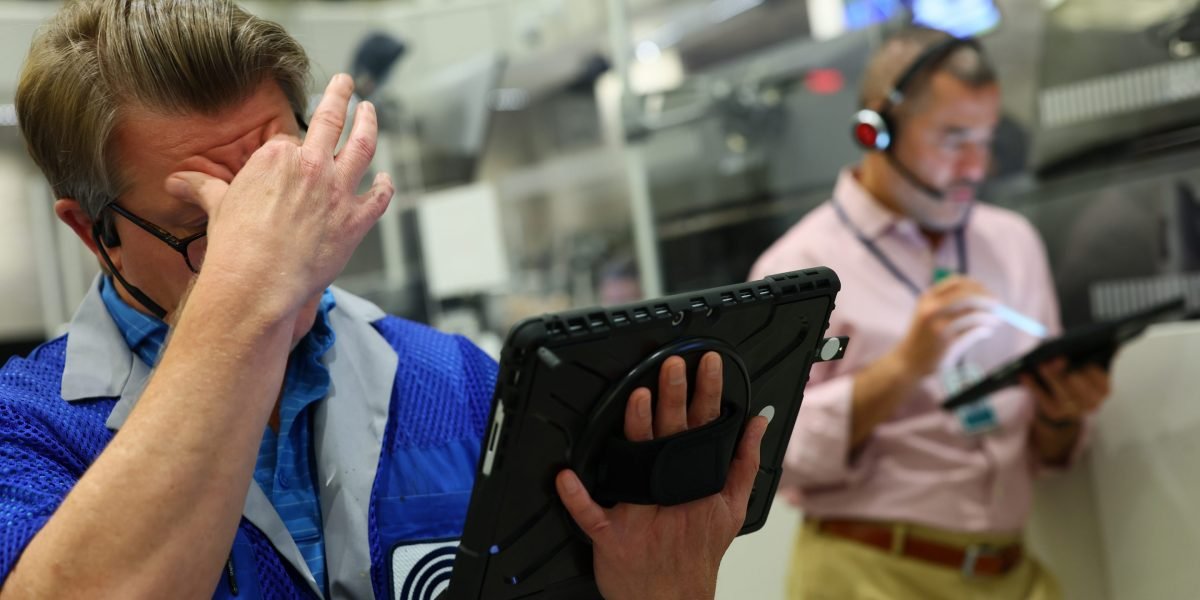

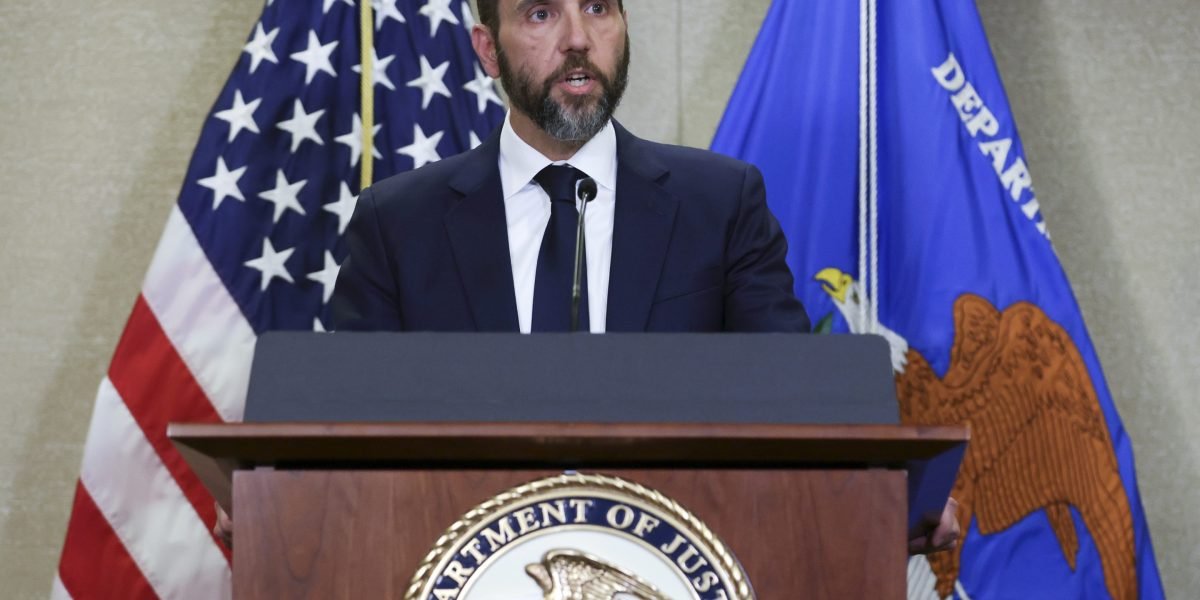
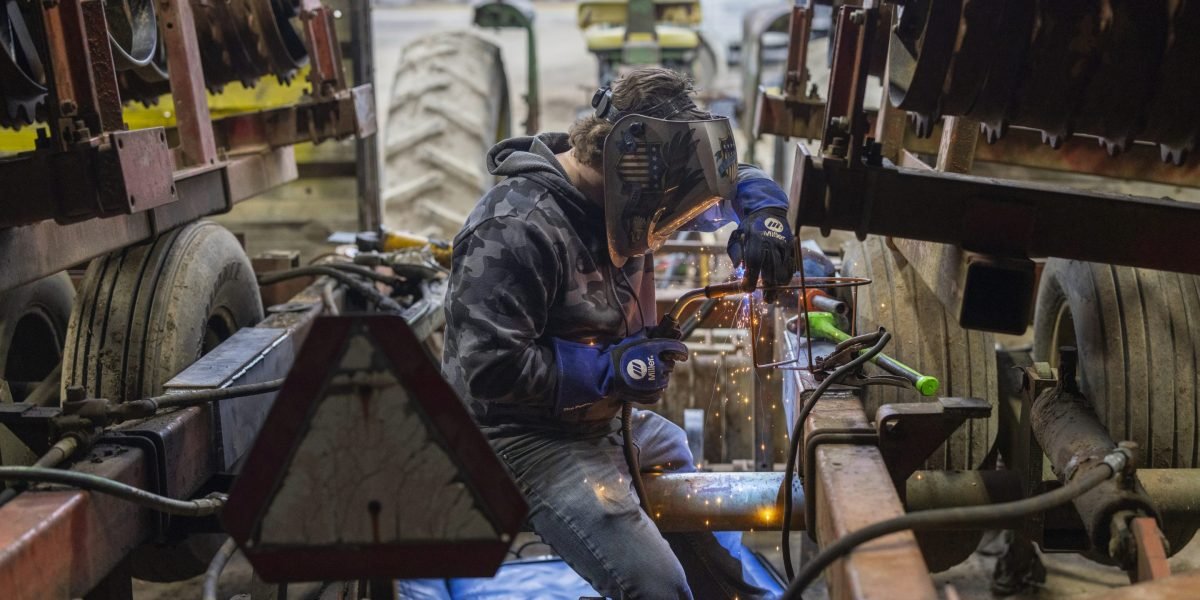


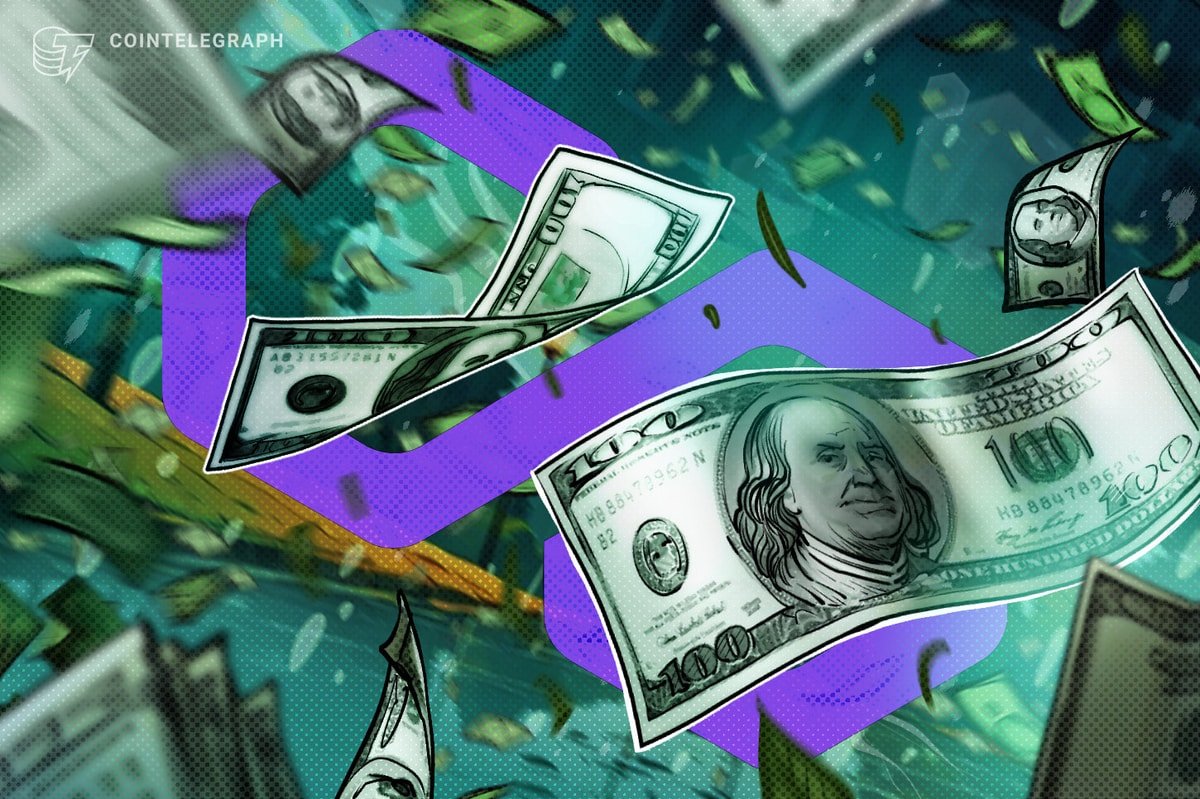

Leave a Reply